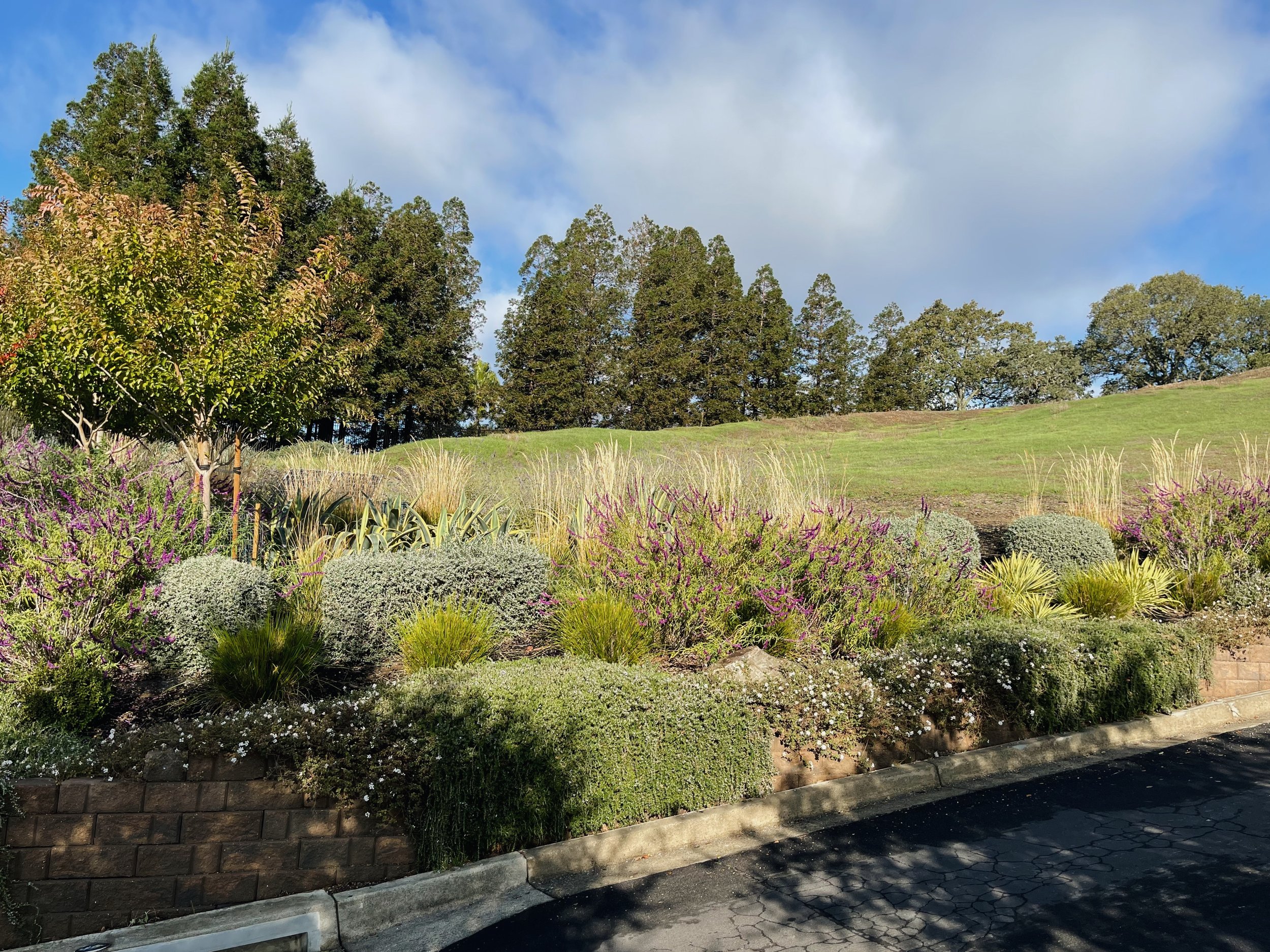Perennials vs Annuals: What's the Difference?
Once we know what makes a flowering plant an annual vs a perennial, then we can make more informed decisions about what plant works best with our landscape goals. Let’s get into what makes something an annual, perennial, and an exception —
what are annuals?
Annuals are plants that go through their entire life span within one season. This means they germinate flower, seed, and die by the conclusion of that given season. They put all their energy into producing more blooms—it’s their ultimate goal. Here are some helpful facts:
Because they only last for a season, they are often more affordable than perennials
They are less of a commitment, which make them great if you love change in your yard
They tend to showcase very vibrant blooms throughout the entire season
here are some popular annuals
Annuals are often categorized into three groups:
Cool-season: Pansies, Forget-me-nots, Snapdragons
Warm-season: Sunflowers, Marigolds, Euphorbia
Half-hardy (can tolerate both warm & cool): Petunia, Geraniums Lobelias
what are perennials?
Perennials are different from annuals in that they live for multiple seasons instead of just one. More specifically, you can expect them to live for three or more seasons. Rather than focusing on solely pushing out blooms, they prioritize their energy on establishing strong roots that will assist healthy growth for following growing seasons. Here are some helpful facts:
They go dormant in the winter and will naturally come back the following year, making them a great long term investment for your yard
Some will need some regular maintenance as they can grow a bit wild, which does make them more work than annuals
Perennials can be grown from both seeds and bulbs
here are some popular perennials
Perennials are best planted during spring or early fall. Here are some popular options:
Black-Eyed Susan
Jack Frost Brunnera
Daylilies
Ornamental Grasses
Lavender
Plants that are exceptions
Not all plants can be labeled as either annual or perennial. At times, it can be a bit more complicated than that. One of the most popular examples are tulips— in order to come back yearly, they require both extremely cold and hot temperatures. If this cannot be achieved, they are then categorized as annuals. In the same breath, some annuals are named perennials in specific regions. It all depends!
We love this statement made by Proven Winners’ horticulturist Kerry Meyer:
“If you get right down to it, the label given the plant isn't important. What is important is how the plant performs in your garden. For some of you, the plants we call annuals might actually be perennial. To learn if the ‘annual’ you are looking at is an annual for you, you need to compare the plant’s hardiness zone to the zone in which you garden."




